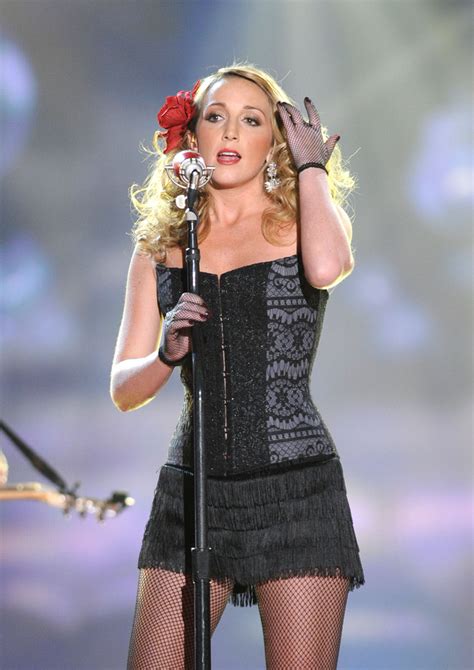A Quote by Etgar Keret
I always have a story in my head that needs to be written, or at least I think I do. But I usually can't find the time to write it.
Related Quotes
It can take years. With the first draft, I just write everything. With the second draft, it becomes so depressing for me, because I realize that I was fooled into thinking I'd written the story. I hadn't-I had just typed for a long time. So then I have to carve out a story from the 25 or so pages. It's in there somewhere-but I have to find it. I'll then write a third, fourth, and fifth draft, and so on.
Because I come from the theater, I use the images of the theater and of movies a great deal when I write. I see the story in my head. I have to break down the outline of a story first. I have to know where I'm going. Usually I have a good beginning and a good ending, and then I think, "Now I have to find my way through it."
One of the ways in which writers most show their inventiveness is in the things they tell us about how they write. Generally speaking, I don't like to make a plan before I've written a story. I find it kills the story - deadens it, makes it uninteresting. Unless I'm surprised by something in a story, the reader's not going to be surprised either.
Actually if a writer needs a dictionary he should not write. He should have read the dictionary at least three times from beginning to end and then have loaned it to someone who needs it. There are only certain words which are valid and similes (bring me my dictionary) are like defective ammunition (the lowest thing I can think of at this time).
But sometimes when I was starting a new story and I could not get it going, I would sit in front of the fire and squeeze the peel of the little oranges into the edge of the flame and watch the sputter of blue that they made. I would stand and look out over the roofs of Paris and think, 'Do not worry. You have always written before and you will write now. All you have to do is write one true sentence. Write the truest sentence that you know.' So finally I would write one true sentence, and then go on from there.
The main rule of writing is that if you do it with enough assurance and confidence, you’re allowed to do whatever you like. (That may be a rule for life as well as for writing. But it’s definitely true for writing.) So write your story as it needs to be written. Write it honestly, and tell it as best you can. I’m not sure that there are any other rules. Not ones that matter.
I've always been into 'fast-paced, don't bore 'em, keep it moving along, stick with the story.' You know: tell a story the way I want to hear a story. I find it more rewarding to write for kids, but I also find it a little easier, because you can just let loose a little bit more in terms of fantasy and stuff.




































